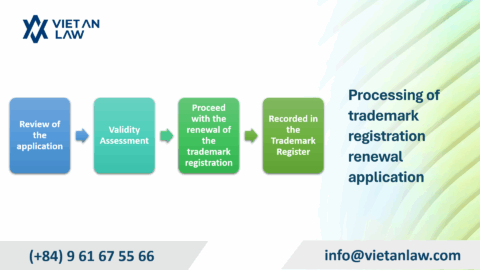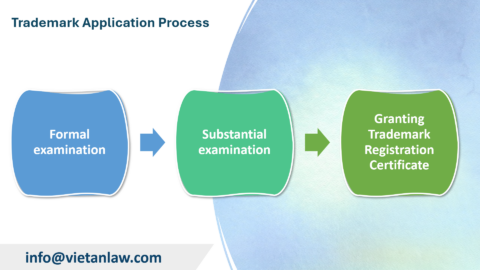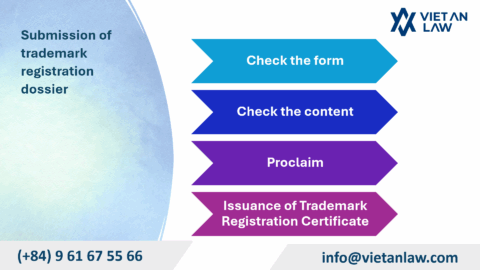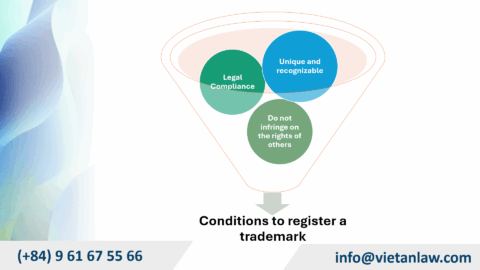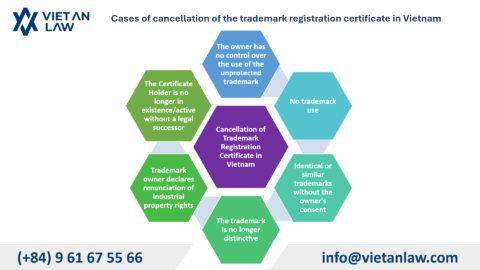Trademark rights are civil rights often associated with production and business activities. The purpose of civil relations regarding trademark rights is economic benefits. Therefore, currently, there have been many acts of infringement of trademark rights. Viet An Law has compiled relevant legal issues to provide more information about acting against trademark infringement in Vietnam.
A trademark is one of the valuable assets that determines the success or failure of a business in fierce competition with its competitors. Currently, the Vietnamese legal system does not have specific regulations on trademark rights.
In the most basic sense, trademark rights are the ownership rights of individuals and organizations to trademarks and the right to apply legal measures to prevent and handle acts of unfair competition in registration activities as well as in the process of using trademarks.
Article 129 of the Intellectual Property Law regulates acts of infringement of trademark rights. Accordingly, individuals and organizations that perform the acts stated in Article 129 of the Intellectual Property Law without the permission of the trademark owner are considered to infringe trademark rights. Such infringements include:
It can be said that the Intellectual Property Law lists quite detailed and specific acts of trademark infringement. Listing types of trademark infringement will help enforce trademark rights more effectively in handling infringement.
Applying civil measures to resolve disputes over trademark rights in Vietnam is understood as the court resolving disputes about the legal rights and interests of subjects in legal relations related to trademarks rights.
According to the provisions of Article 202 of the Intellectual Property Law, courts have the authority to apply civil measures to handle individuals and organizations that violate trademark rights. Civil remedies recognized by law include:
Infringement of trademark rights, whether intentional or unintentional, but not to the extent of requiring criminal prosecution, will be handled by applying administrative measures. The nature of administrative handling measures is to use the power of administrative agencies and administrative decisions to handle acts of infringement of rights, which represents the meaning of punishment and deterrence.
According to the provisions of Article 214 of the Intellectual Property Law, administrative sanctions for trademark rights infringement are applied in accordance with the law on handling administrative violations. Accordingly, sanctions for administrative violations include:
Criminal measures in enforcing trademark rights are applied to acts of trademark rights infringement that constitute a crime according to the provisions of criminal law. Accordingly, based on Article 226 of the Criminal Code, violators can be fined from 100,000,000 VND to 1,000,000,000 VND depending on each case. In addition, the subject may be sentenced to non-custodial reform or imprisonment.
Measures to control exported and imported goods related to trademarks
Measures to control exported and imported goods related to trademarks are measures implemented by customs authorities as prescribed in Article 216 of the Law on Intellectual Property to prevent acts of infringement of intellectual property rights. intellectual property related to imported and exported goods. Those measures include:
Above is a detailed article about acting against trademark infringement in Vietnam. If you have any difficulties related to intellectual property law, please contact Viet An Law Firm for detailed advice!
